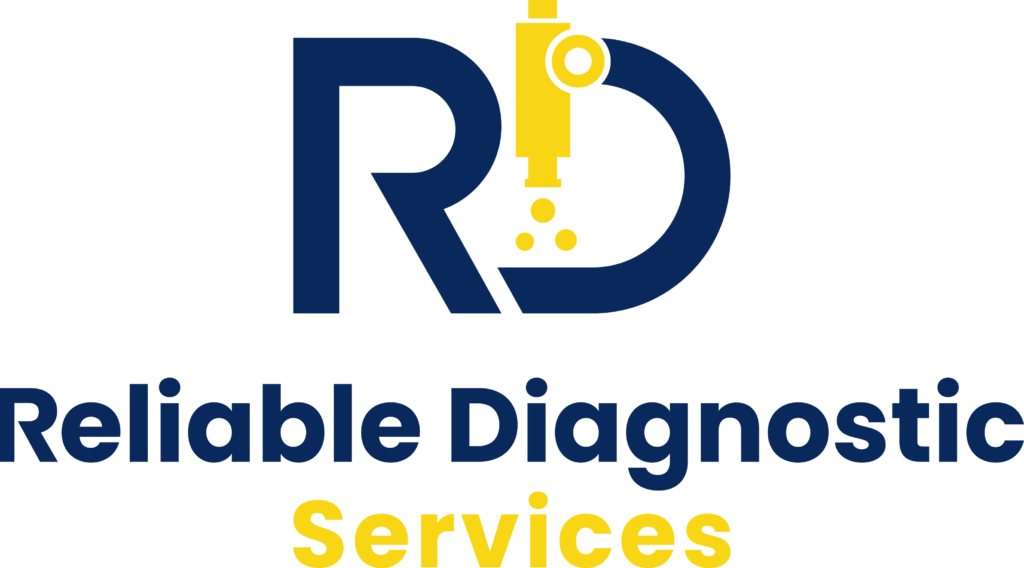FAQ Page for Reliable Diagnostic Services LLC
Employee Drug Testing
What is employee drug testing?
Employee drug testing refers to the process of screening employees for the use of illegal substances or prescription drugs that could impair their ability to perform their job safely and effectively. This can be part of pre-employment screening or ongoing workplace drug testing procedures.
What types of drug tests are used for employees?
The most common types of drug tests used for employees include urine tests, blood tests, hair follicle tests, saliva tests, and breathalyzer tests. Each type of test has its own advantages and is used based on the specific needs and policies of the employer.
What are the best practices for employee drug testing?
Best practices for employee drug testing include maintaining confidentiality, using certified laboratories, obtaining employee consent, conducting tests in a consistent manner, and following legal and regulatory guidelines. Employers should also have clear policies in place regarding substance abuse testing in the workplace.
Are there legal aspects to consider for employee drug testing?
es, there are several legal aspects to consider, such as obtaining consent from employees, adhering to state and federal regulations, and ensuring non-discriminatory practices. Employers must also comply with the Drug-Free Workplace Act and other relevant laws to avoid legal complications.
Why is drug testing important in the workplace?
Drug testing is important in the workplace to ensure a safe and productive work environment. It helps in identifying substance abuse issues that could lead to accidents, decreased productivity, and increased healthcare costs. It also helps in maintaining the company’s reputation and ensuring compliance with legal requirements.
How to Change my Photo from Admin Dashboard?
Far far away, behind the word mountains, far from the countries Vokalia and Consonantia, there live the blind texts. Separated they live in Bookmarksgrove right at the coast
Pre-Employment Screening
What is pre-employment screening?
Pre-employment screening is the process of verifying the background and credentials of a job candidate before they are hired. This includes checking criminal records, employment history, educational qualifications, and conducting health screenings to ensure the candidate is suitable for the job.
What does the pre-employment screening process involve?
The pre-employment screening process typically involves background checks, criminal record checks, employment history verification, educational qualifications verification, and pre-employment health screenings. Employers may also conduct drug tests as part of this process.
Why are criminal background checks important for employment?
Criminal background checks are important to ensure the safety and security of the workplace. They help in identifying any past criminal behavior that could pose a risk to the company, its employees, or its clients. It is also a way to ensure compliance with industry regulations and standards.
Are there legal aspects to consider for employee drug testing?
es, there are several legal aspects to consider, such as obtaining consent from employees, adhering to state and federal regulations, and ensuring non-discriminatory practices. Employers must also comply with the Drug-Free Workplace Act and other relevant laws to avoid legal complications.
What are the best practices for pre-employment screening?
Best practices for pre-employment screening include conducting thorough and consistent checks, using reliable and certified screening services, respecting candidate privacy, and ensuring compliance with legal and regulatory requirements. Clear communication with candidates about the screening process is also crucial.
What are the benefits of pre-employment health screening?
Pre-employment health screenings help in ensuring that candidates are physically and mentally fit for the job. They can identify any health issues that might affect job performance or pose a risk to workplace safety. It also helps in reducing healthcare costs and absenteeism in the long run.
